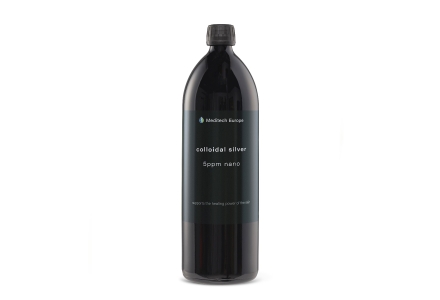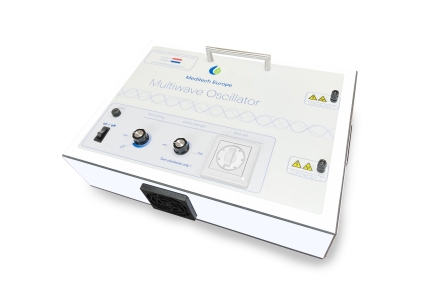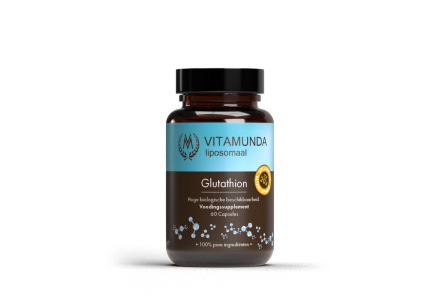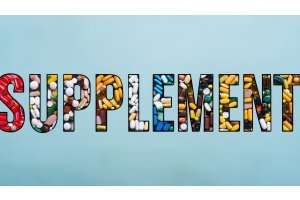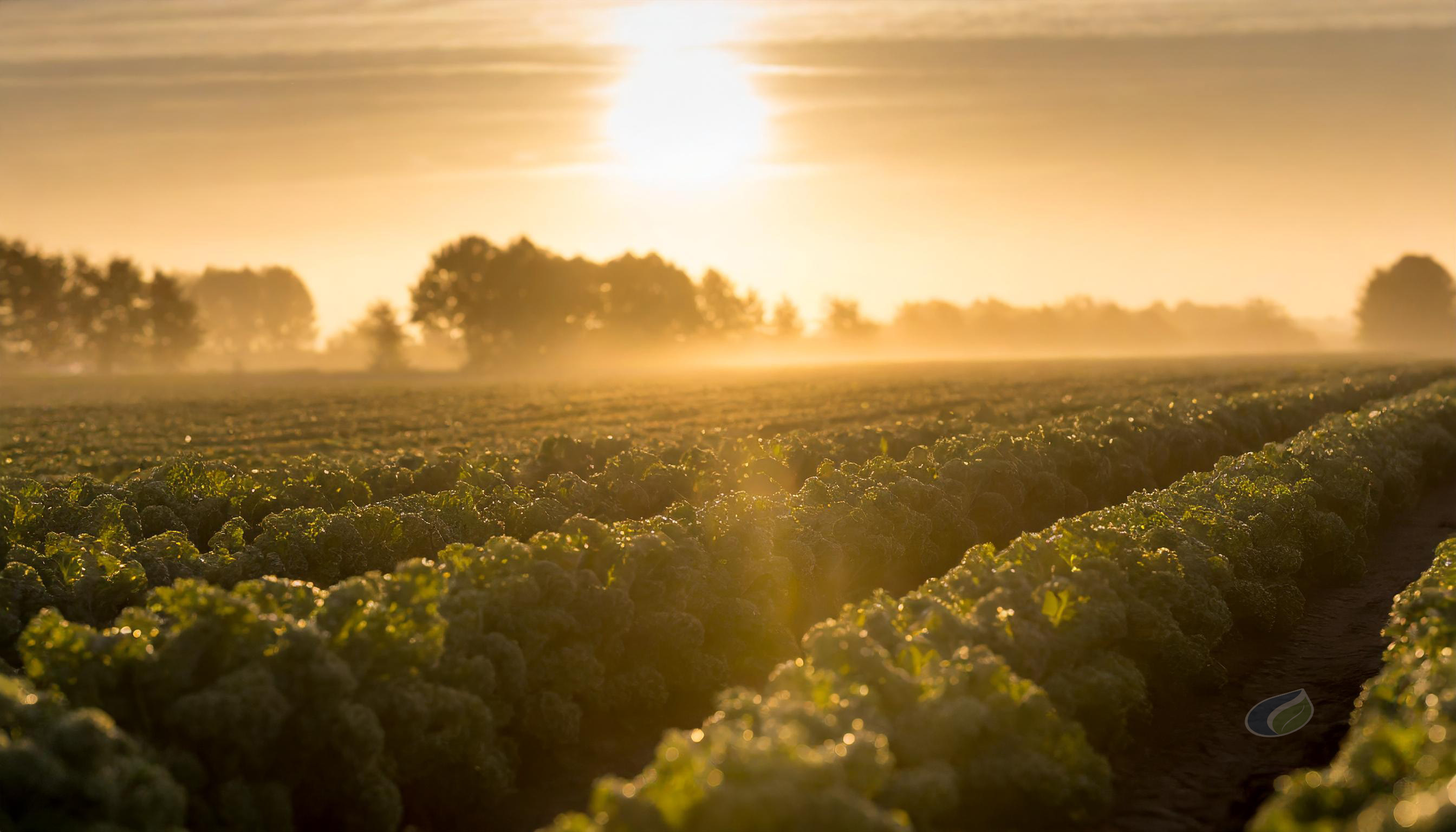
Welcome to Meditech Europe's comprehensive guide on the decline in food nutritional value and how to counteract this trend. In this blog, we will explore the causes of this decline, discuss potential health effects, and provide strategies and practical tips to compensate for the decrease in nutritional value. Let's delve into this important topic that affects our health and well-being.
Introduction
The food we consume today is not as nutritious as it was a century ago. Over the past decades, the nutritional value of our food has steadily decreased, posing a serious problem to our health and well-being. It is crucial that we become aware of this trend and take action to reverse it.
Historical Comparison of Nutritional Value
Scientific studies have shown that the nutritional value of our food has significantly declined compared to food consumed a century ago. This is particularly true for the amount of essential nutrients such as minerals and vitamins.
Causes of the Decline in Nutritional Value
Soil degradation and changing agricultural practices
One of the main causes of the decline in nutritional value is soil degradation due to intensive agricultural practices. The excessive exploitation of agricultural land has led to the depletion of essential nutrients in the soil, resulting in food with lower nutritional value.
Use of pesticides and fertilizers
The widespread use of pesticides and fertilizers in modern agriculture has also contributed to the decline in nutritional value. These chemicals can affect soil health and disrupt the natural balance, making it harder for plants to absorb nutrients from the soil.
Changes in varieties and cultivation methods
The focus on improving yields and adapting crops to industrial farming practices has led to changes in varieties and cultivation methods. While these changes have contributed to higher production, they have also led to a decrease in the nutritional value of food.
Health Effects of Decreased Nutritional Value
A deficiency in essential nutrients can lead to various health problems, including reduced immune function, increased risk of chronic diseases, and impaired cognitive function. Therefore, it is crucial to strive for a diverse and balanced diet to minimize these risks.
Strategies to Compensate for Nutritional Value
Importance of organic and locally produced foods
Organic and locally produced foods often have a higher nutritional value than conventionally grown food. By opting for organic and local options, consumers can increase their intake of essential nutrients.
Tips for growing your own vegetables and fruits
Growing your own vegetables and fruits is a great way to improve the nutritional value of your diet. By ensuring healthy soil and using natural fertilizers such as compost, home growers can produce food with higher nutritional value. Additionally, treating seeds with the Multiwave Oscillator can help improve the vitality and nutritional value of crops.
Recommendations for foods rich in essential minerals and vitamins
Incorporating foods rich in essential minerals and vitamins into your diet is essential to compensate for any deficiencies. Foods such as dark leafy greens, nuts, seeds, and whole grains are excellent sources of these nutrients.
Choose the right supplements
In some cases, it may be difficult to obtain all the necessary nutrients from food, especially due to decreased nutritional value. Choosing high-quality supplements can be an effective way to supplement any deficiencies and support overall health.
Role of Technology and Innovation
Modern technologies and sustainable farming practices can play a significant role in improving the nutritional value of food. Examples of innovative solutions include vertical farming, hydroponics, and precision agriculture, which can help improve soil health and increase the nutritional value of crops.
Practical Tips for Consumers
Advice for choosing high-nutrient foods
When choosing food, it is important to aim for fresh, unprocessed products with high nutritional value. Seasonal and local products often have a higher nutritional value and may therefore be preferred over heavily processed foods.
The importance of seasonal eating and avoiding highly processed foods
Seasonal eating can not only improve the nutritional value of food but also contribute to a more sustainable diet. Avoiding highly processed foods is also important, as they often have low nutritional value and contain high amounts of added sugars, salt, and fat.
Conclusion
The decline in the nutritional value of our food is an alarming trend that can have serious consequences for our health and well-being. It is crucial that we become aware of this trend and take action to reverse it. By choosing organic and locally produced foods, growing our own vegetables and fruits, selecting foods rich in essential nutrients, and using high-quality supplements, we can improve the nutritional value of our diet and support our health.
Frequently Asked Questions (FAQ)
1. Why has the nutritional value of our food decreased?
The decline in the nutritional value of our food can be attributed to factors such as soil degradation, the use of pesticides and fertilizers, and changes in agricultural practices.
2. How can I adjust my diet to improve nutritional value?
By opting for organic and locally produced foods, growing your own vegetables and fruits, selecting foods rich in essential nutrients, and using high-quality supplements, you can improve the nutritional value of your diet.
3. Are supplements a good way to prevent nutrient deficiencies?
High-quality supplements can be an effective way to supplement any deficiencies in nutrients, especially due to decreased nutritional value in food.
Conclusion
It is essential to make conscious choices for a healthier diet and to support sustainable farming practices. Meditech Europe is always ready to provide further support and can be reached at +31527 292 331 or info@meditecheurope.nl.
With this information at hand, we can strive together for a healthier future for our food and our planet.
